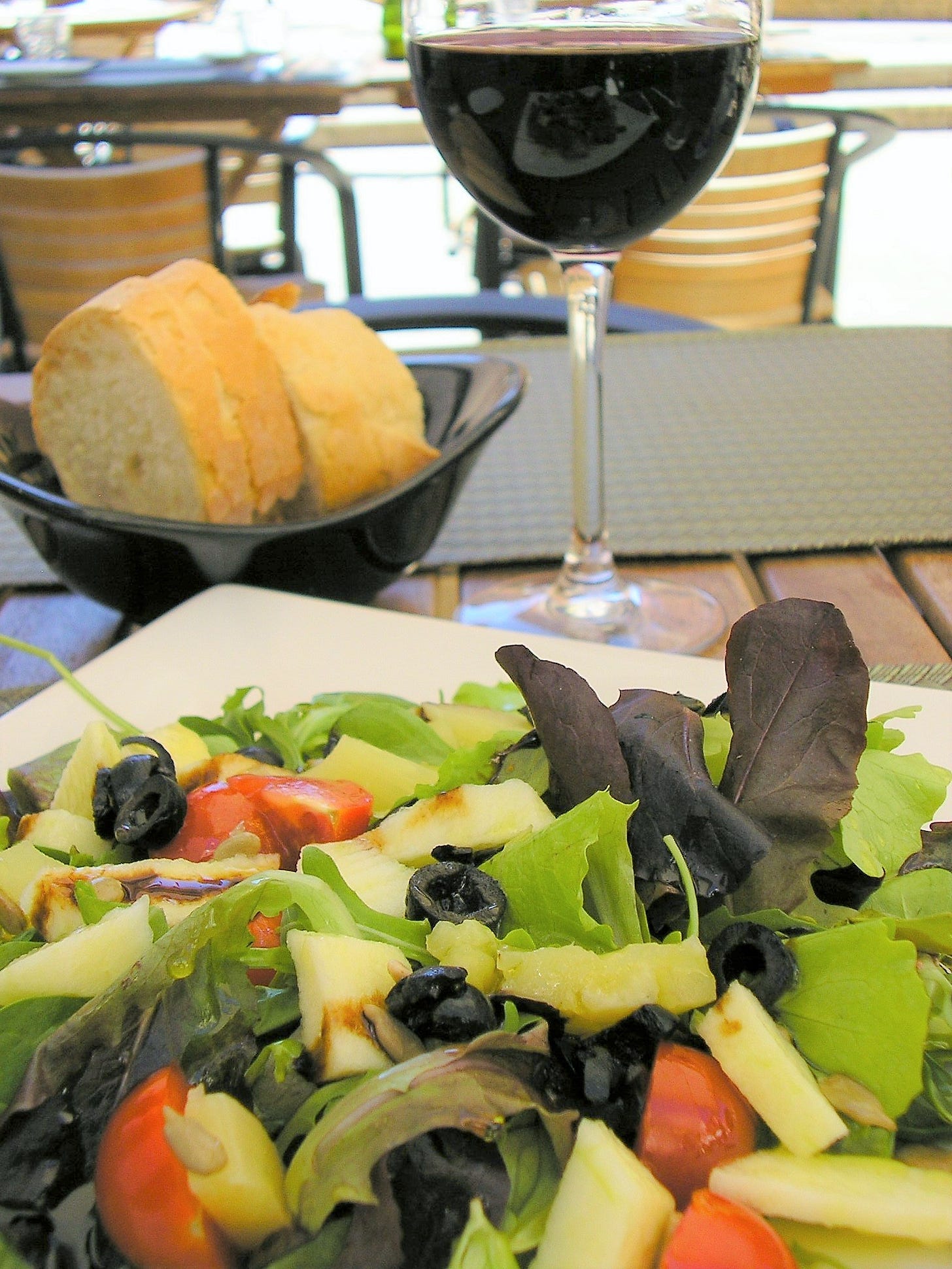Footnotes to a Conversation, September 27, 2021
It takes a genius to whine appealingly. – F. Scott Fitzgerald
Intricate Frippery
I have a friend who makes lace and I admire her patience in crafting such finely detailed work. “In the 15th century Charles V, the Holy Roman emperor, ordered schools and convents in Belgium to teach lacemaking. And though it took up to ten hours of work per square-inch, the industry boomed. Europe’s aristocracy lusted after the intricate frippery. At one point in the 17th century more than one fifth of the population of Antwerp, a port city in Belgium, made the textile.” [The Economist]
A current exhibit at Antwerp’s fashion museum traces the history of lacemaking in Antwerp. Google has put together a slideshow with close-up images of lace bedspreads, dresses, and religious vestments. [Google Arts and Culture]
Moon Gardens
I am endlessly fascinated by the moon and look forward to the full moon every month. While the sun dazzles and burns, the moon is calm and serene, inviting introspection. I’m intrigued by the notion of planting a moon garden: “plants of lighter shades will reflect the light of the moon and stand out against the dark night sky. To design a garden that offers a full sensory experience, you can also choose plants that give off sweet scents and plants that bloom at night, which attract nocturnal pollinators such as bats and moths.” The article goes on to offer tips for picking a site and plants and accessorizing the space. [Modern Farmer]
Alone or Lonely?
I eat alone 99% of the time, and I’m tired of reading articles about the importance of eating with other people for our health and for our appreciation of the food. As a result, I was delighted to read an article about the pleasures that can be obtained from solo dining, both at home and in a restaurant: “Being alone means ‘you can be more assertive in the decisions you make’, says Johansen. ‘I can use a whole tin of anchovies, or four cloves of garlic.’ You can indulge in bizarre combinations such as banana and bacon or dry, buttered Weetabix …. Taking the time to cook something to meet my own needs and idiosyncrasies feels almost like a rewriting: a move away from the so-called crisis of loneliness towards being simply, serenely alone.” [The Guardian]
Below the Surface
The Slocan River was very low one summer and we floated downstream searching for old glass bottles that had been uncovered by the river’s ceaseless current. The objects we found were a tangible reminder of people and activities of times past, now reclaimed by the present. Thames, a poem by John Challis, speaks to all that lies below the river’s surface: its drowned possessions and people – “the taken, the lost, the given.” [The Guardian]
I very much enjoyed reading Mudlark: In Search of London’s Past along the River Thames by Lara Maiklem. Maiklem has spent hundreds of hours searching for treasures at low tide along the Thames, finding everything from pipes to beer bottles to glass marbles and fragments of china and recounts the items’ histories. Unlike some mudlarkers, she relies completely on her eyes, neither digging nor using a metal detector.
Footnotes to a Conversation is a weekly Monday feature covering an assortment of topics that I’ve come across in the preceding week – books, art, travel, food, and whatever else strikes my fancy.
If you share my love of nature, I suggest you also read EcoFriendly Sask that I publish in collaboration with my brother, Andrew. Check out EcoFriendly Sask’s Nature Companion, a free nature app for Canada’s four western provinces (downloadable directly from the website).






